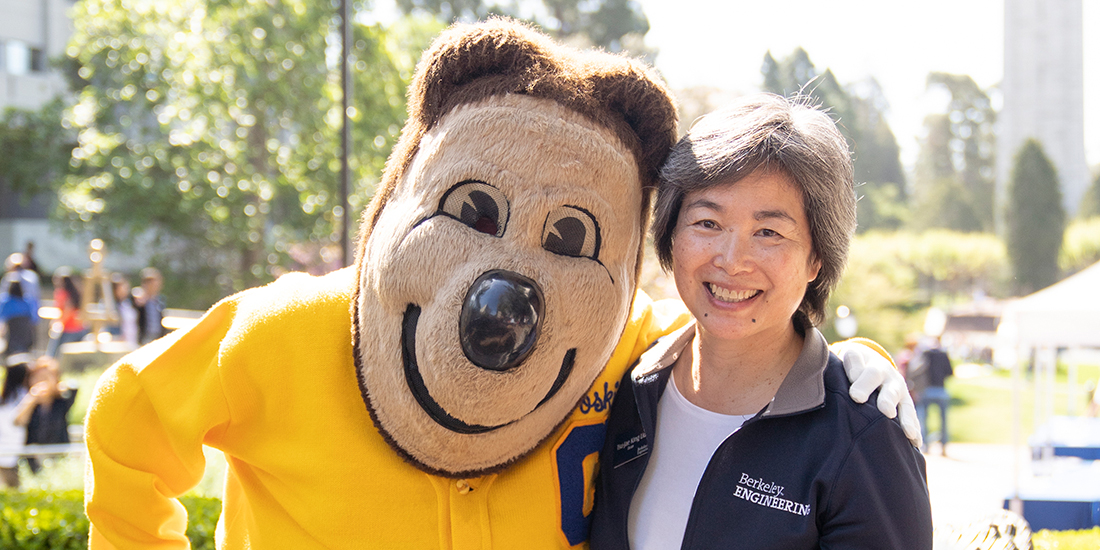
Dean’s note: Why a world with AI needs more EQ
It’s exciting for me to head into graduation season for the first time as dean of Berkeley Engineering. As I consider the breadth of career options for our graduates, I see the need to augment our programs to better prepare engineering students to succeed in a dynamic and unpredictable world that is increasingly dependent on engineered devices, processes and systems.
Emotional intelligence, leadership and social influence are qualities that will see increased demand in the future.
A 2017 report about the changing workforce by the McKinsey Global Institute indicates that all workers will need to adapt as their occupations evolve with increasingly capable machines. In the age of artificial intelligence (AI), workers will spend more time on activities that require social and emotional skills, creativity, high-level cognitive capabilities and other skills that are relatively hard to automate. There is growing evidence of the importance of a high emotional quotient (EQ) as a predictor of success and organizational performance.
It is clear that a high EQ will be necessary for individuals to succeed in a rapidly evolving workplace. This is not to say that core competency in technical skills is not important, but rather that EQ is what makes a leader stand out among peers of comparable IQ. In a World Economic Forum Future of Jobs report, “human skills” such as emotional intelligence, leadership and social influence are qualities that will see increased demand in the future.
While Berkeley Engineering degree requirements already include studies in the humanities and social sciences, we should also embed within engineering courses training that augments EQ, such as effective communication. That is why I am piloting a new course, The Art of STEM Communication, this semester. This course teaches undergraduate engineering students how to communicate to the general public the importance and impact on society of engineering and science research at the university.
For graduate engineering students, I also have enlisted resources within the Fung Institute for Engineering Leadership and the Haas School of Business to offer a short course this semester on Communications for Engineering Leaders. The goal of this course is to help students develop interpersonal communication skills for effective leadership, with an emphasis on communicating with authenticity, persuasion and advocacy.
I welcome all members and friends of the Berkeley Engineering community to join me in supporting these educational initiatives to empower our students to succeed as innovators and to be effective leaders in our global society, toward a brighter future for all.

Tsu-Jae King Liu
Dean and Roy W. Carlson Professor of Engineering

